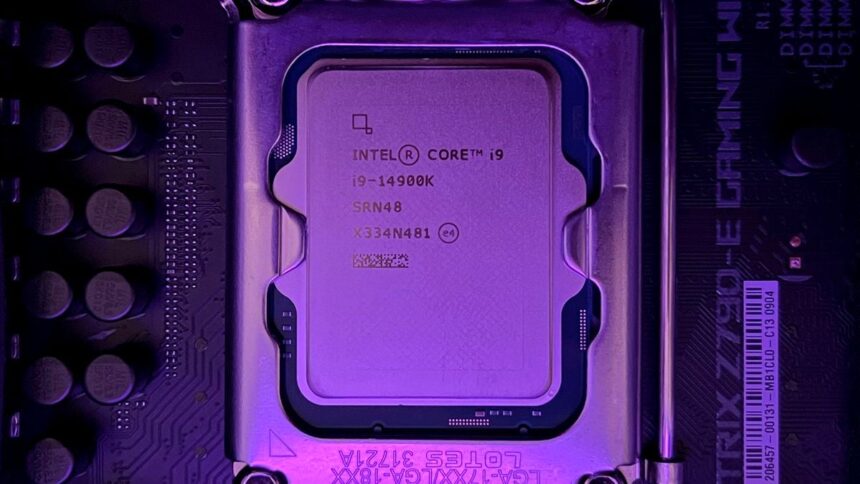Intel is facing a serious crisis, with widespread issues reported for its 13th and 14th-generation processors, affecting both individual users and businesses. This week, Epic Games announced that it is replacing Intel CPUs with Ryzen 9 9950X in Unreal Engine due to ongoing instability with Intel’s components.
In a post on X (formerly Twitter), Unreal Engine supervisor Dylan Browne revealed that machines with Intel Core i9-13900K and Core i9-14900K processors at Epic Games have experienced failure rates exceeding 50% over the past year.
Browne noted that the issues with these CPUs are unpredictable. Most of the affected PCs use ASUS ROG motherboards, and even after reducing the power limits, the problems persisted. The situation is so erratic that some 13th-generation processors began failing right out of the box and immediately after installation.
Unreal Engine picks AMD Ryzen 9 9950X
This situation unfolds as professionals continue to develop and maintain Unreal Engine 5, one of the most important and popular tools in the video game industry. Dylan Browne explained that “production environments need reliability,” which is why the company is transitioning to the upcoming Ryzen 9 9950X, AMD’s high-end processor set to release on August 18.
Even though the AMD Ryzen 9 9950X has fewer cores than Intel’s models, it benefits from the new Zen 5 microarchitecture. Recent tests suggest it outperforms the competition by up to 19% when overclocked.
Browne mentioned that around 20 computers in the Unreal Engine offices currently have Intel processors, with some of them working without issues. These will remain in use, while the problematic machines will be upgraded to the Ryzen 9 9950X.
What does Intel say?
For over a year, Intel has been trying to identify and fix the issues affecting its 13th and 14th-generation CPUs. Despite their efforts, including various patches and accusations, the company still doesn’t have a complete understanding of the problems.
Recently, Intel revealed that some 13th-generation models faced oxidation issues during manufacturing, which have now been resolved. This week, the company admitted that a poorly programmed microcode algorithm is causing the processors to draw more power than needed, leading to overheating and instability. A fix for this issue is expected in the second half of August.





